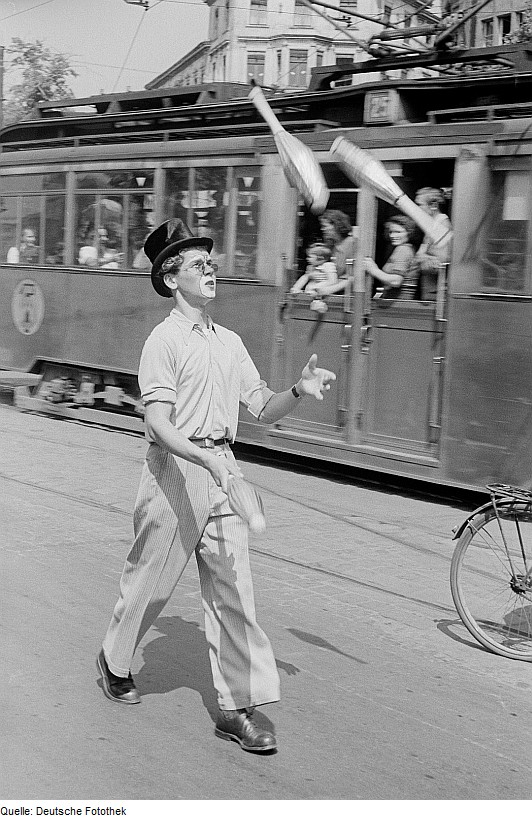by: Vincent Weaver
Something a lot of people involved in the pro-life movement do is to stand up for the unborn by praying outside of abortion clinics. Happily, this effort has gone in a much more positive, loving direction over the last 15 years. It’s not even accurate, in most cases, to call these “protests” anymore. Make no mistake, this presence is intended to bring attention to the defense of the most vulnerable in our society. To take an innocent human life is objectively wrong. To take the most innocent of all human lives is unacceptable. There should be no minced words about that. To be silent is false compassion – it’s spiritual and emotional euthanasia.
However, it is incredibly important to heed that ancient axiom to ‘hate the sin, but love the sinner’. We all have an obligation to point out injustice and wrongdoing. However, none of us has any right to condemn the person carrying out that act, as only God knows their heart. So, if you see or hear someone telling a woman considering an abortion that she’s going to Hell, then they clearly don’t understand the point here, nor do they understand Christ-like love.
The much more common scenario these days is people calmly and quietly standing outside abortion clinics praying. Sometimes they hold signs with slogans like, “Pray to End Abortion”, or “Adoption: The Loving Option”. We’re there to provide women in unplanned pregnancies real choices (having literature on alternatives to abortion available) and to let them know how much they (and their babies) are loved.
This reality makes it that much more bewildering when you’re standing there peacefully praying and someone drives by and gives you the finger. Admittedly, there was a time when such actions irritated me. They fed a desire deep down in my heart to give that person “what for”. While I knew that wasn’t the proper reaction, it seemed instinctive.
Then, I read Abby Johnson’s book, “Unplanned” a few years ago. For those who don’t know Abby, she was a former director of a Planned Parenthood clinic. Then, one day (through some fluky circumstances), she ended up witnessing an actual abortion at her clinic. (This was the first time she saw the product of the business she was running.) She had a visceral reaction and knew she had to quit. And she did. Since then, she’s been an outspoken voice for life, and she wrote this book.
What “Unplanned” showed me (much to my surprise) was the humanity of abortion clinic workers. Honestly, I had never given these people much thought, other than as some kind of faceless monsters. That caused my praying for a culture of life to take on a much broader focus. Only then did a human face start to appear on these folks for me. These are real human beings who deserve our love, who deserve MY love, because to cast them aside would mean I just don’t get what it means to be a Christian.
That realization also helped my attitude towards the bird flippers driving by. (You know who you are!) J All of a sudden, my immediate response when being flipped off was to have compassion. I’d immediately think to myself, “What kind of pain must that person have suffered to feel this way?” “What is the source of that anger?” And by making that pain and anger clear to me, therein lay the ‘blessing’. By having a reaction – of any sort – that person gave my prayer a target. I would launch into a ‘Hail Mary’ or a Divine Mercy chaplet asking God to rain down His love and mercy on that person. I’d pray that they find healing, peace, and the presence of God.
So, if you see me (or any of the 1000s of other regulars) standing outside an abortion clinic praying and encouraging others to choose life, it’s okay if you feel the need to tell us we’re #1 with your middle finger. But know that prayer is powerful, and that I’m calling for all God’s truth, mercy, and love to come showering down on you very soon. And I thank you for giving me that blessing – that reminder of your humanity. Please pray for me, as well. I need all I can get.
And for all you awesome pro-life prayer warriors out there, please consider this unsolicited advice. Arguments don’t help. Love, prayer, and genuine compassion (and the willingness to listen) do.
Vincent married up more than a quarter century ago and is a proud father of 5 wonderful daughters. He teaches business classes at a college in Greenville, SC, but thrives on discussing controversial topics, especially as they relate to Church teachings on sexual morality.


